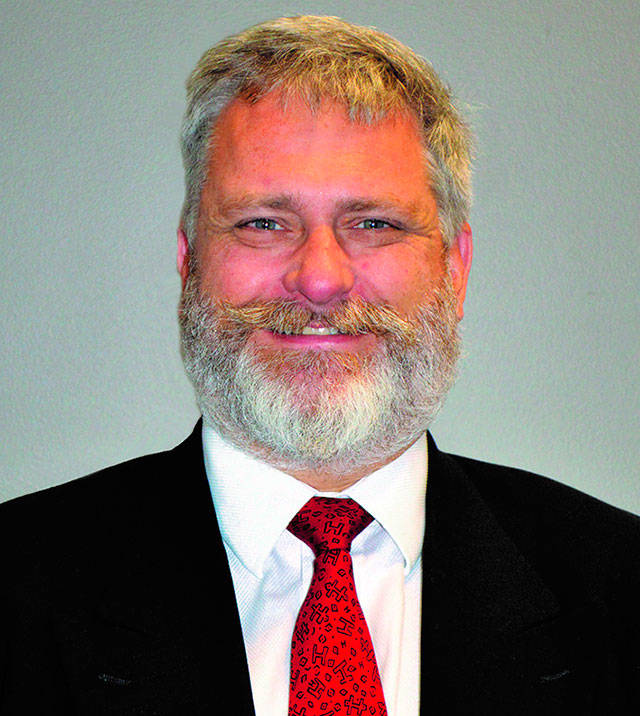Phil Clapham wrote in “Reason to Worry As County Taxes Climb Higher” (June 3): “One would think that, if the county had a set budget that it decided it needed to raise, and that didn’t change between consecutive years, then the tax rate should actually go down as assessment values go up.”
This is exactly how it works in Washington. Washington is one of two states in the union that uses a budget-based (also known as levy-based) property tax system.
By Nov. 30 each year, every taxing jurisdiction must certify to the county assessor their budget. The assessor’s office then divides this by the total taxable value of all the property in that jurisdiction to create a levy rate per $1,000 of value. The levy rates of all the jurisdictions a given property is in are then added together and used to calculate its tax.
On Vashon, our largest taxing jurisdiction is the state school fund levies. This is followed by the county level levies, which include ones like Best Start for Kids, King County Parks and the general budget.
Then we have levies like the new hospital district and Vashon Island Park and Recreation. There are smaller taxing jurisdictions like Water District 19 but this year they do not have a levy, so all property on Vashon and Maury Island is taxed at the same levy rate.
The most significant event in property tax in Washington recently was the levy swap as a solution to the McCleary Decision. The teachers union, the WEA, brought a lawsuit in which the Washington Supreme Court ruled that Washington State had to fully fund K-12 education. The legislature’s solution was the levy swap which limited school districts’ levies while increasing the state school levy.
The effect of this was that areas with high assessed values paid significantly more into education, while lower-value areas paid less. Cleary, Vashon and most of King County is a higher value (Auburn, Federal Way, Highline and Kent had small decreases).
Another issue we face on Vashon is that in the entire road system in the physically very large, but relatively small population area that is unincorporated King County, only property tax from those areas funds it — while a recent study showed half of all trips on high-volume county roads come from cities or other counties.
This disproportionately burdens homeowners in unincorporated King County. For example, just the road levy rate we pay is higher than the city levy rate for all services (not just roads) for all but four of the forty cities and towns in King County. Twelve of those cities and towns charge less than half the road levy rate we are charged.
Phil Clapham hit the nail on the head with his comment that there is a disconnect between non-homeowners and voting for levy increases. When Sound Transit 3 was being debated, the Seattle Times had a calculator to show how much you would pay in increased taxes. The Times had to modify it — as too many renters were putting $0 as the value of their homes.
So, what can we do about it? Firstly, both homeowners and renters should think long and hard about each levy that is put on the ballot. The King County Assessor’s office has a useful tool online that will show the impact of each levy on the ballot for your home (part of the Localscape portal). Secondly, as it would take a change in state law to fix the roads issue, you should contact our state legislators and ask them to support a regional solution to the roads funding crisis.
William Shadbolt is a real estate investor that lives in Burton. He is the current Past President of the Rental Housing Association of Washington and Chair of the Partnership for Affordable Housing. He also serves on many boards, including Housing Connector that helps the homeless connect with landlords and provide support for them both. When not working, he enjoys truffle hunting with his two Italian truffle hunting dogs and boating/fishing on the Sound.



